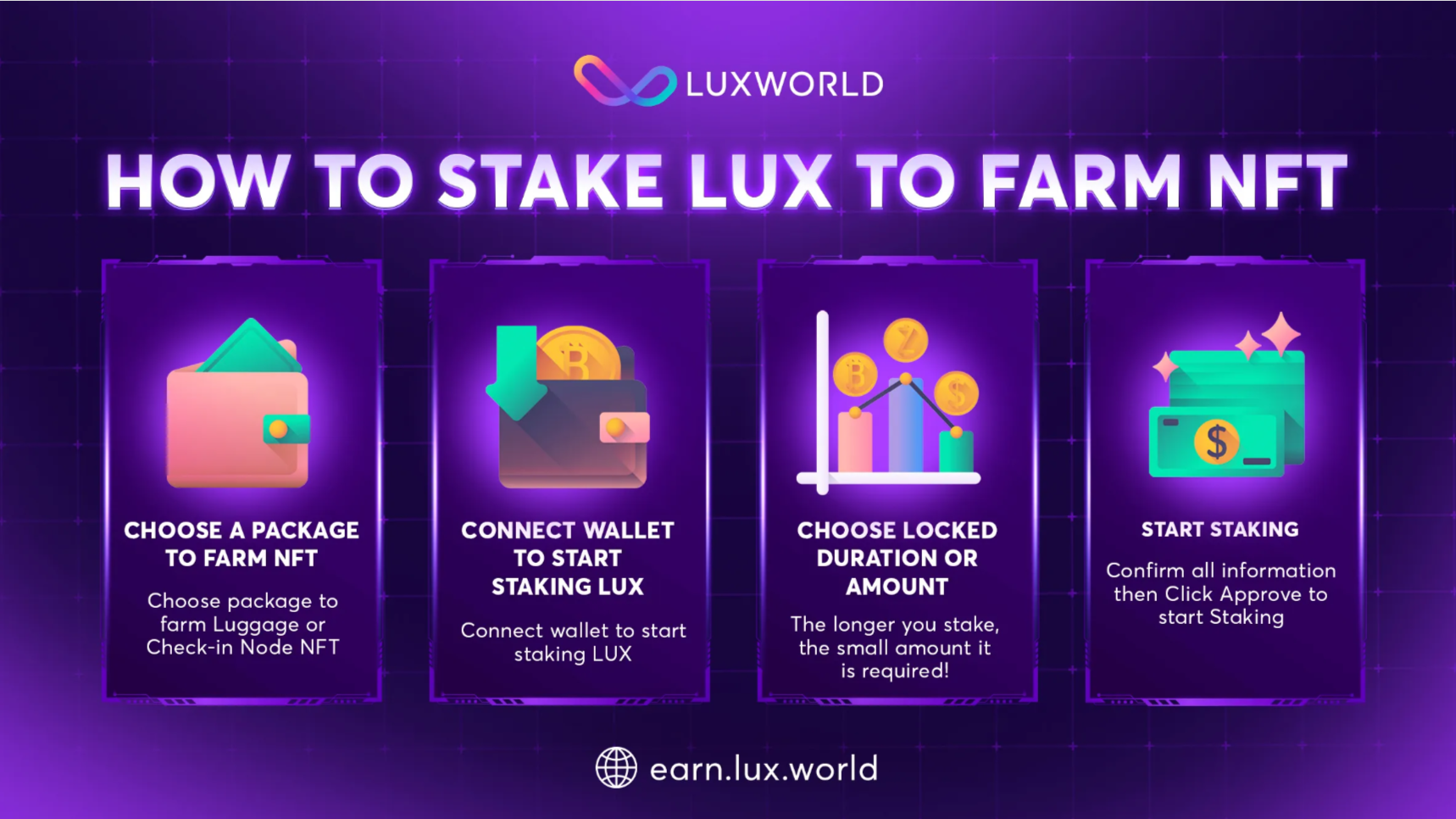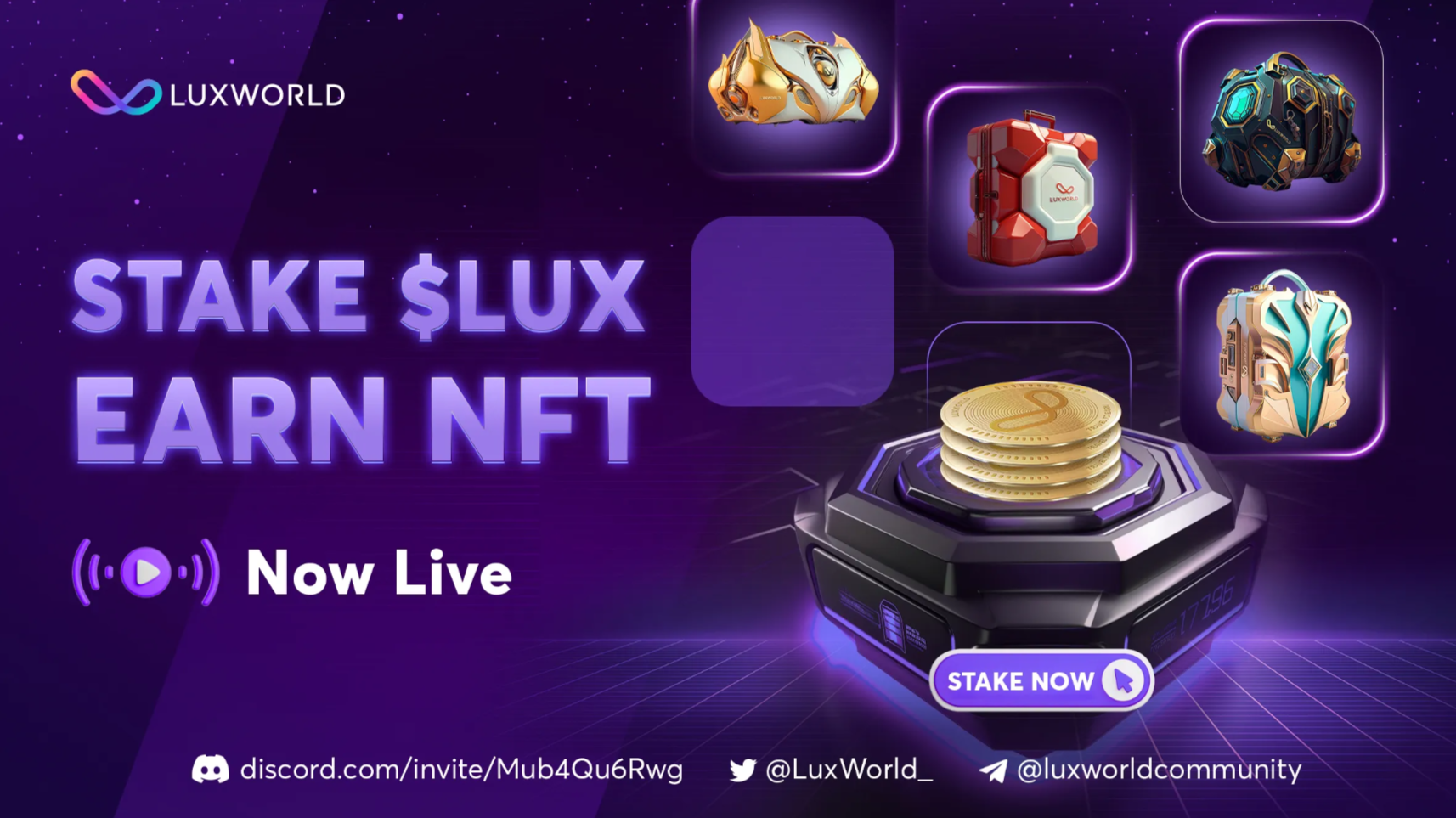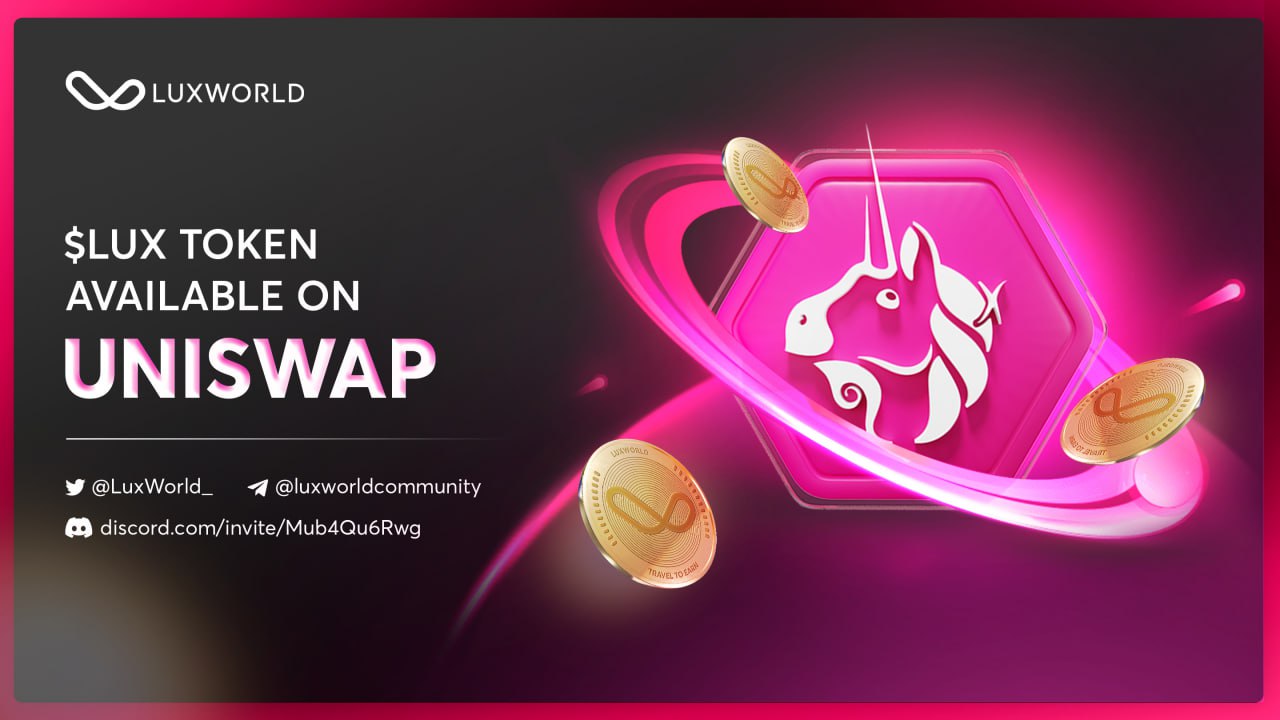As hotel chains look to position themselves to capitalize on the NFT boom, this article explores the potential of NFTs to drive mass innovation in the hotel and hospitality industry.
NFTs have made quite a buzz. The excitement surrounding NFTs and the arrival of the metaverse is creating massive opportunities for the hospitality industry and many hotels are already taking advantage. Leading hotel chains are releasing their versions of NFTs with actual use cases for the benefit of their clients worldwide.
As hotel chains look to position themselves to capitalize on the NFT boom, let’s explore the potential of NFTs to drive mass innovation in the hotel and hospitality industry. Learn how you can offer unique experiences to your customers and bring hospitality to the next level.
What Is an NFT for Brands?
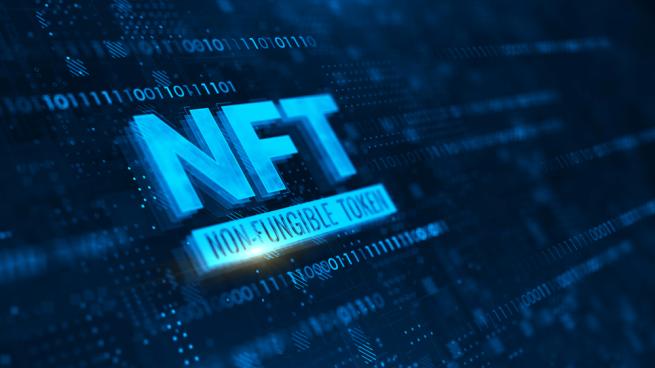
NFTs, or non-fungible tokens, enable organizations to build their brands and raise awareness of their goals and visions. The use of NFTs in marketing has continued to grow as headlines driven by NFT deals increase in popularity. Total NFT sales hit $40 billion in 2021 and 2022 is already expected to surpass those numbers with $37 billion in sales as of May 2022.
NFTs are now a valuable tool that offers companies’ marketing strategies a clear difference from the competition. The result has been improved customer experience and the ability to build community through engaging with consumers.
The use of NFT for brands helps build communities while offering a platform for interacting with consumers and promoting new opportunities for collecting data. By integrating NFTs with their marketing plans, brands create a chance to interact with their customers and improve chances to drive more brand engagement.
How Hotels Are Using NFT Technology
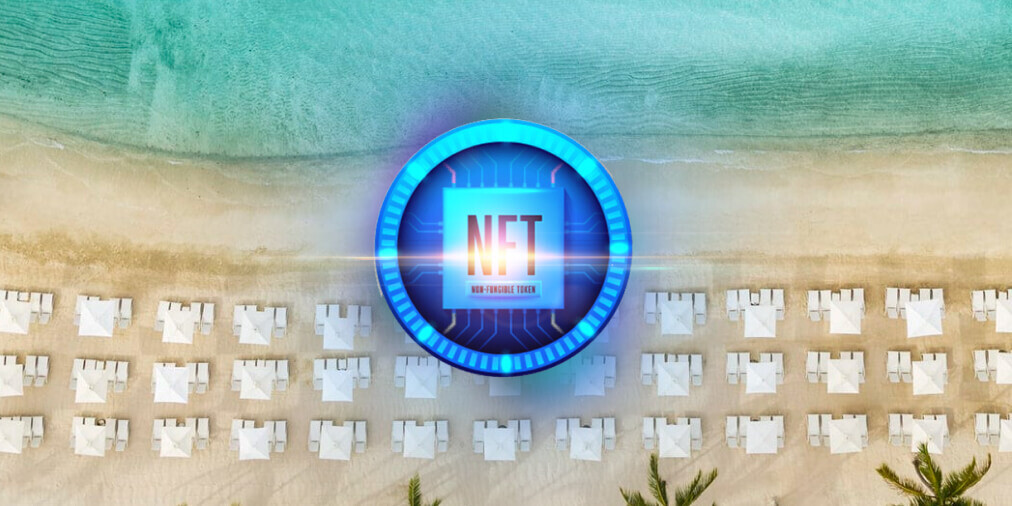
Marriott International is among the first brands to benefit from the value of NFTs in the form of hotel technology. The hotel partnered with digital artists TXREK, JVY, and Erick Nicolay to create unique digital images that owners would claim as their original artworks.
The artists connected the theme “The Power of Travel” with the existing marketing campaigns to create artwork that reflected their travel experience and its impact on them. During the Art Basel Miami Beach 2021 event, the three artists emerged as prize winners. Marriot felt their presence during the event, while the artists left the event with something tangible.
Wyndham Hotels and Resorts partnered with crypto start-up Bakkt to create a Bitcoin rewards program for their guests. Guests staying at Wyndham hotels can now claim Bitcoin rewards using Bakkt and can even convert these rewards into cash or other loyalty perks.
Other tangible NFT marketing opportunities include:
Virtual Hotels
As the metaverse and virtual travel continue to gain ground, hotels can use virtual avatars to help people explore different spaces around the globe. Harnessing this digital experience, they can facilitate customers’ first interaction and gain new audiences. Visitors get a first chance to tour the hotel, view and choose their rooms, and make booking receipts as NFTs. Such P2P NFT sales could reduce pressure on hotels that need to create new bookings after cancellations.
Customer Loyalty Programs
NFTs can revolutionize a hotel’s customer loyalty program by creating permanent records on the blockchain and offering visitors NFTs featuring all such information in the metadata. Guests will be proud to hold such NFTs as loyalty badges.
Ease of Operations
NFTs and smart contracts can come in handy by automating operations and reducing employee workloads. Using tokenization-as-a-service, hotel owners can eliminate the tedious work of data management and improve back-end operations through blockchain to save their time and money. They can create a virtual replica of their hotels to manage daily tasks like maintenance, supplies, housekeeping, etc.
Market in the Metaverse
As the era of physical advertising slowly starts being edged out, hotels can harness the power of the blockchain and start advertising on virtual malls and highways in the metaverse to bring attention to their properties. Hotels can issue specialized NFTs and use NFT advertising to draw new clients from people touring the virtual spaces.
Why Hospitality Brands Should Pay Attention to the Growing NFT Trend
The above examples are just some of the early use cases for NFTs in the hospitality industry. As this technology evolves and matures, hospitality brands need to continue to stay up-to-date on new advancements and opportunities. The following are the trends hotels can expect as we go into the future:
- Gifting: Global brands can harness NFTs for a utility to allow customers to buy, sell or use tokens for gifting purposes.
- Reservation management: Top hotels that are hard-pressed for reservations during particular seasons could allow guests to use NFTs to reserve premium tables and eliminate the need for constant coordination.
- New social: NFT marketplaces can be viewed as a new social media channel for marketers. Hotels could soon use the technology to engage with customers, build credibility, and build new launches or share dinners. NFTs in the metaverse could also act as the new social platforms to transform how hotels deal with their customers.
The hospitality industry has always looked for new ways to improve their guest experience and build greater loyalty. NFTs offer a new way to engage with guests and offer incentives. While this technology is still very new, hotel brands should start looking for ways to work it into their existing marketing and operations and should keep an eye on future opportunities as the technology develops.

